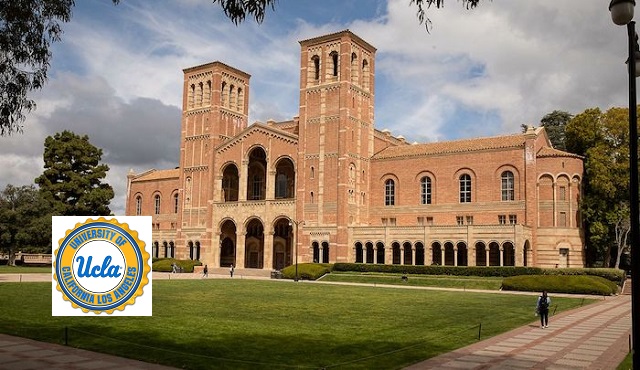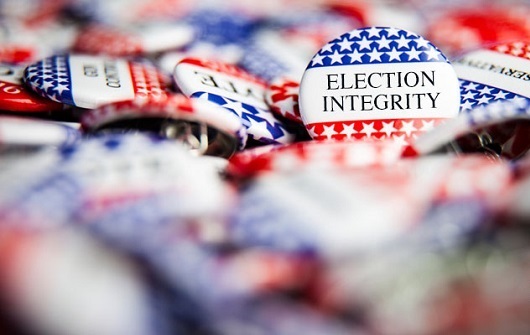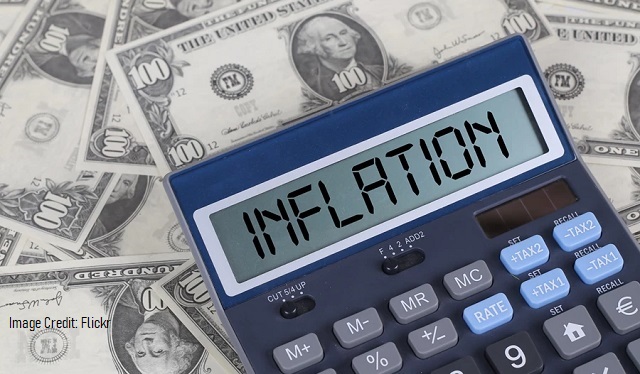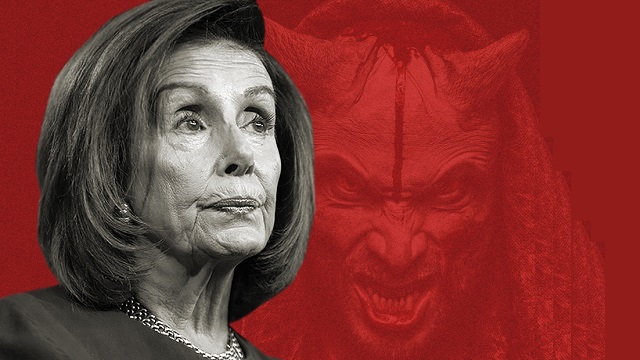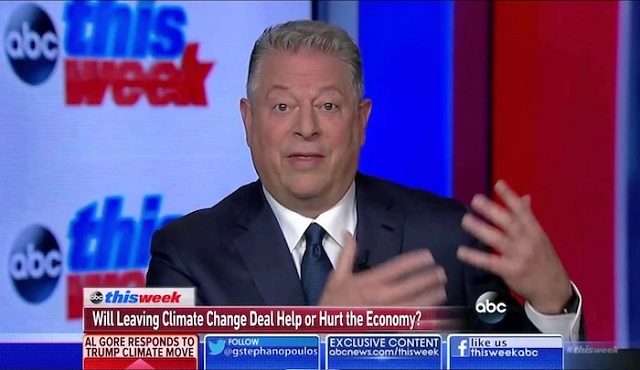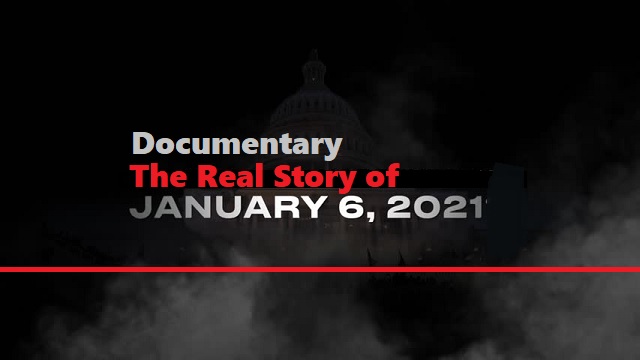
Illegal aliens are welcomed aboard airliners – using arrest warrants for ID.
The Biden Administration continues to implement policies that are not in the best interests of America or Americans. Nowhere is this more apparent than the multifaceted immigration system.
Immigration is not a single issue, but a singular issue because it profoundly impacts nearly every challenge and threat that confronts America in this especially perilous era.
Even with the ongoing “crisis on the southern border” getting some attention by some news organizations, the immigration crisis involves far more than the unending tsunami of illegal aliens flooding into the United States from Mexico.
The frequently maligned Border Wall was never designed to keep people from entering the United States, only to make it more difficult of those who seek to enter to evade the vetting process we conduct at ports of entry to screen out aliens who would pose a threat to public health, public safety, national security and the jobs and wages of Americans.
The border wall does not block ports of entry only serves to funnel all people and commerce to ports of entry where the vetting process is conducted, guided by 8 U.S. Code § 1182.
In discussing the importance of the border wall I have frequently compared the wall on the border to the “cattle runs” that are employed at airports to guide passengers to the next available TSA (Transportation Security Administration) agent. In using that comparison I have often rhetorically asked, “Would you get on an airplane if you saw your fellow passengers evading thet TSA officials?” As you might expect, without exception the response was immediate and vehement. All stated that there was no way in hell they would board such an airliner.
It turns out that the vetting process conducted by the TSA is not much better than the lunacy we are experiencing with the immigration system under the Biden Administration.
The only thing worse than no security is false security.
The TSA needs an additional word in its title, the Transportation False Security Administration (TFSA)!
As I have written in many of my articles, the Biden Administration has all but terminated the enforcement of our immigration laws from within the interior of the United States. As I noted a long time ago during one of my first television appearances shortly after the terror attacks of 9/11, “No one would break into the amusement park if they could not get on the rides.” The corollary is that “No one stays in the amusement park when they turn off the lights and shut down the rides.”
The Biden Administration has laid out the red carpet to the biggest “Amusement Park” in the world- the United States of America and has invited millions of illegal aliens to “come on down!”
This is actually the “Root Cause” for the unprecedented massive illegal immigration we are now witnessing.
While some of these illegal aliens are fleeing crime and poverty in their home countries- others may be fugitives from justice or are members of drug cartels, transnational gangs or terrorist organizations and therefore pose a threat.
Inexplicably the Biden Administration through its Secretary of Homeland Security, Alejandro Mayorkas, and through its TSA (Transportation Security Administration) administrator is acting in direct opposition to letter and spirit of our immigration laws and has promulgated policies that are in direct conflict with the findings and recommendations of the 9/11 Commission, to which I provided testimony.
I hate say, “I told you so,” but on December 7, 2020 my article, Biden’s DHS: Department of Homeland Surrender: Alejandro Mayorkas, architect of DACA, picked by Biden to head DHS, was published, accurately predicting the disaster that now undermines our national security and public safety.
Recently members of congress turned to yet another Biden policy decision that not only makes no sense but undermines national security and public safety. There is absolutely no “upside” to the administration’s policy of permitting illegal aliens to board airliners with their only form of “identification” being an administrative Warrant of Removal issued by DHS. This lunacy was reported by Fox News on January 21, 2022, TSA confirms it lets illegal immigrants use arrest warrants as ID in airports. The subtitle noted that: TSA said the document would be checked against CBP databases.
Before we go further, the obvious question is why is the Biden Administration doing this? Where is the benefit to America or Americans?
On July 21, 2021, Fox News reported: TSA chief says ‘under 1,000’ illegal immigrants have been allowed to board planes with warrants as ID.
Here is an unbelievable excerpt from that report that focuses on an exchange at a senate hearing between Republican Senator Josh Hawley and TSA (Transportation and Security Administration) Administrator David Pekoske on July 21, 2022:
(Senator) Hawley pushed the TSA chief on why he would allow illegal immigrants with such a warrant onto a flight at all.
“We aren’t looking at whether a person is legal or illegal in the country,” he said. “Our role is to make sure that people who may pose a risk to transportation that is significant enough to require enhanced screening or to not allow them to fly.”
“So your position is someone who is known to have violated the laws of the United States does not thereby need enhanced screening?” Hawley said.
“Sir, there are people who violate the laws of the United States every day who fly,” Pekoske responded. “We look for things related to transportation security.”
While Pekoske again stressed that the warrant is “the beginning of an identity verification process that follows” Hawley was not convinced.
“I think you’re going to have a hard time explaining to folks who wait for all of this time in these lines, who subject themselves voluntarily to the restrictions you impose…that you’re allowing illegal aliens with warrants for arrest to get on airplanes.”
Speaking from my 30 years of experience with the former INS (Immigration and Naturalization Service, many illegal aliens have no reliable documentary proof of their identities or even of their actual nationality. The “CBP database” is virtually worthless where illegal aliens are concerned.
Arrest Warrants can be forged and do not do not meet the standards for documents that other travelers must provide to positively identify the persons carrying that document.
Think about the hundreds of thousands of so-called “get aways” who evaded the overwhelmed Border Patrol.
For all of the nonsense about the administration addressing “root cause” of illegal immigration, the true Root Cause is the fact that the Biden administration. Is facilitating the entry of millions of illegal alines and then dispersing them around the United States.
As an INS agent I frequently arrested illegal aliens who either had no identity documents or had multiple identity documents in multiple false identities. We were frequently left with no alternative but to issue them warrants in whatever name they claimed was their names.
Law violators frequently use false aliases as a way of deceiving law enforcement officials. This is why law enforcement agencies invariably fingerprint those who are arrested in an effort to determine their true identities and to determine if they are fugitives from justice.
In my personal experience, aliens may have outstanding arrest warrants in many countries around the world that do not show up when we run their fingerprints. Frequently the fingerprinting systems are not compatible from one country to another and because of corruption, many criminals in other countries can pay a relatively small fee to have their criminal records expunged and even enable them to purchase “Good Conduct Certificate” from the law enforcement officials of this other countries, even after they completed lengthy prison sentences after they were found guilty of committing serious violent crimes.
Meanwhile, Biden Administration Plans To Protect Immigration Fraudsters.
The official report, 9/11 and Terrorist Travel – Staff Report of the National Commission on Terrorist Attacks Upon the United States, was authored by members of the 9/11 Commission staff- the federal agents and the attorneys, wrote about the findings of the Commission.
Here are a few excerpts that illustrate how dangerous the Biden administration’s policies are to America and Americans- once again raising the question about the possible motivations of this administration.
Page 46 and 47 of this report noted:
By analyzing information available at the time, we identified numerous entry and embedding tactics associated with these earlier attacks in the United States.
The World Trade Center Bombing, February 1993. Three terrorists who were involved with the first World Trade Center bombing reportedly traveled on Saudi passports containing an indicator of possible terrorist affiliation. Three of the 9/11 hijackers also had passports containing this same possible indicator of terrorist affiliation.
In addition, Ramzi Yousef, the mastermind of the attack, and Ahmad Ajaj, who was able to direct aspects of the attack despite being in prison for using an altered passport, traveled under aliases using fraudulent documents. The two of them were found to possess five passports as well as numerous documents supporting their aliases: a Saudi passport showing signs of alteration, an Iraqi passport bought from a Pakistani official, a photo-substituted Swedish passport, a photo-substituted British passport, a Jordanian passport, identification cards, bank records, education records, and medical records.
Page 54 of that report- Under the title “3.2 Terrorist Travel Tactics by Plot,” included this excerpt that makes the above issues crystal clear:
Although there is evidence that some land and sea border entries (of terrorists) without inspection occurred, these conspirators mainly subverted the legal entry system by entering at airports.
In doing so, they relied on a wide variety of fraudulent documents, on aliases, and on government corruption. Because terrorist operations were not suicide missions in the early to mid-1990s, once in the U.S. terrorists and their supporters tried to get legal immigration status that would permit them to remain here, primarily by committing serial, or repeated, immigration fraud, by claiming political asylum, and by marrying Americans. Many of these tactics would remain largely unchanged and undetected throughout the 1990s and up to the 9/11 attack.
Thus, abuse of the immigration system and a lack of interior immigration enforcement were unwittingly working together to support terrorist activity. It would remain largely unknown, since no agency of the U.S. government analyzed terrorist travel patterns until after 9/11. This lack of attention meant that critical opportunities to disrupt terrorist travel and, therefore, deadly terrorist operations were missed.
Page 61 contained this passage:
Exploring the Link between Human Smugglers and Terrorists
In July 2001, the CIA warned of a possible link between human smugglers and terrorist groups, including Hamas, Hezbollah, and Egyptian Islamic Jihad. Indeed, there is evidence to suggest that since 1999 human smugglers have facilitated the travel of terrorists associated with more than a dozen extremist groups. With their global reach and connections to fraudulent document vendors and corrupt government officials, human smugglers clearly have the “credentials” necessary to aid terrorist travel.
Benjamin Franklin sagely noted “Those who would give up essential Liberty, to purchase a little temporary Safety, deserve neither Liberty nor Safety.”
Under the Biden administration we have certainly compromised our freedoms- but as for our “security” we have officials whose titles include the word “security” but clearly, they could not care less about the security of our nation or our fellow citizens.
©Michael Cutler. All rights.
